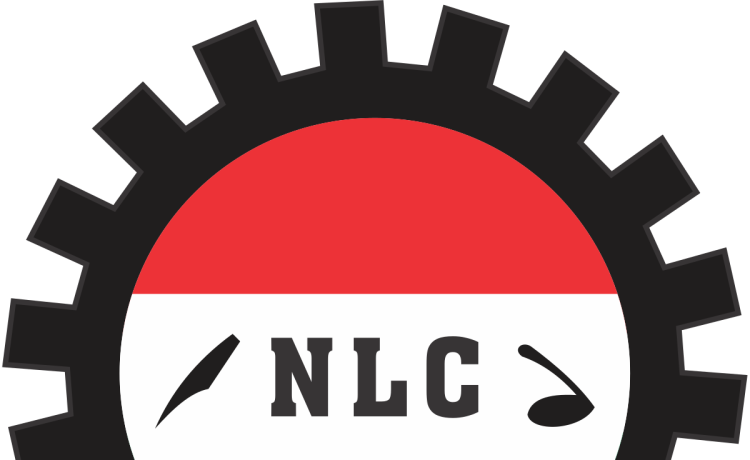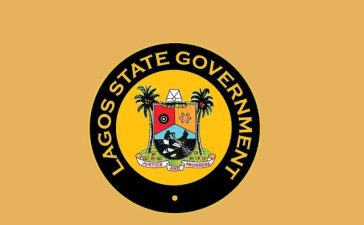The Federal Government has put forward a proposal to pay N54,000 as the minimum wage, as negotiations resumed with the Tripartite Committee on the New Minimum Wage. This development comes after the Organised Labour withdrew from the negotiations the previous week.
During the reconvened meeting this week, the Federal Government made the fresh proposal of N54,000, an increase from the initial N48,000 proposed in the last sitting. However, sources familiar with the meeting revealed that the Organised Labour rejected the new proposal, considering it inadequate compared to their demand of N615,000.
The closed-door meeting, which took place at the Nicon luxury hotel in Abuja on Tuesday, has been adjourned to Wednesday, May 22, to continue negotiations.
NLC President Joe Ajaero described the government’s proposal as “unsubstantial,” emphasizing that it falls short of meeting the needs of workers and their families. Speaking on Channels Television’s Politics Today, Ajaero stated, “There is nothing on the table…We may be reconvening tomorrow (Wednesday) in the afternoon to continue negotiations.”
He further highlighted the dire economic situation faced by workers, stressing the urgent need for a substantial increase in the minimum wage to address the rising cost of living.
The Organised Labour, represented by the Nigeria Labour Congress (NLC) and the Trade Union Congress (TUC), had earlier set a deadline for the Federal Government to conclude negotiations for a new minimum wage by the end of May. The unions also instructed members in states that are yet to implement the N30,000 minimum wage to prepare for industrial action.
With the failure of the Federal Government to present a nationally acceptable minimum wage before Labour Day on May 1, tensions between labour and the government have escalated. Ajaero reiterated the demand for a N615,000 minimum wage, citing the economic hardships exacerbated by the removal of fuel subsidy and the needs of the average Nigerian family.
Labour leaders have given the Federal Government until May 31 to meet their demands, signaling a potential escalation of tensions if negotiations fail to yield satisfactory outcomes.







